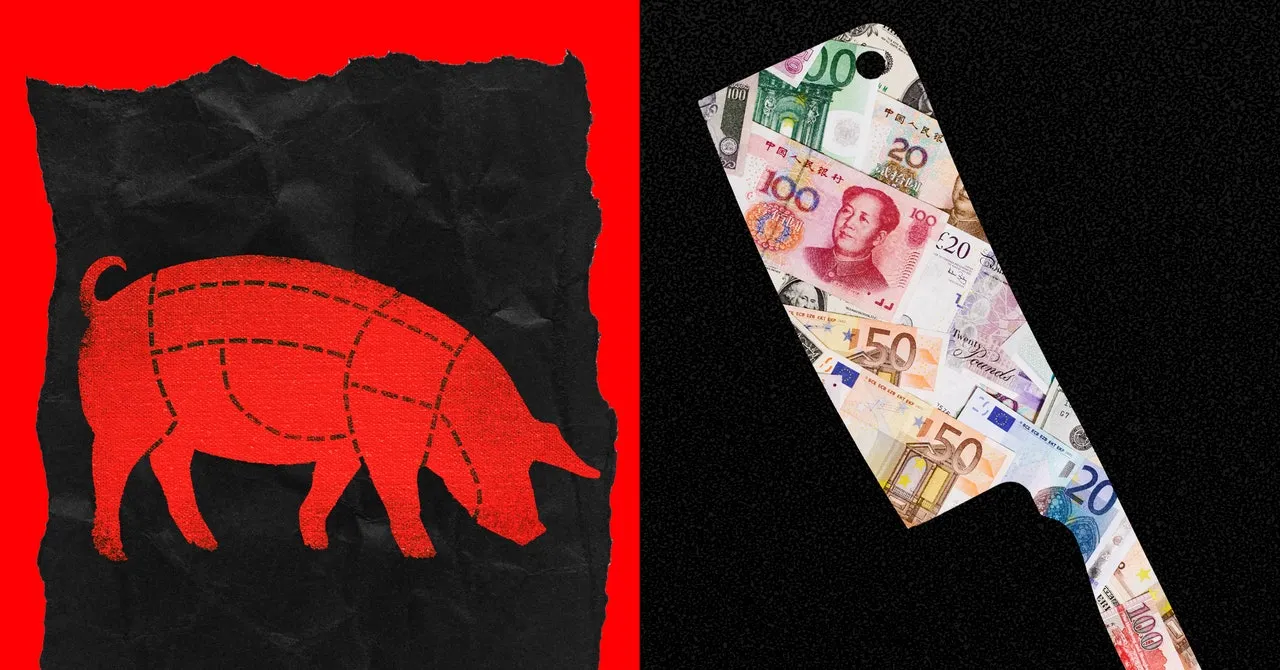Cybersecurity Challenges: The Rise of Pig Butchering Crimes in Africa and Beyond

Understanding the Pig Butchering Phenomenon
In recent years, pig butchering scams have transcended their origins in Southeast Asia, expanding into Africa and other regions. To summarize, these operations initiate by building personal relationships with potential victims, enticing them into investing in fraudulent cryptocurrency schemes that ultimately result in significant financial losses.
Global Expansion of Cybercrime
Cybersecurity experts warn that criminal groups are increasingly leveraging digital channels to optimize their operations globally. The FBI estimated almost $4 billion had been lost to these scams in 2023 alone.
- Location of Operations: Notably, Dubai has emerged as a pivotal hub for pig butchering, with a high migrant population potentially vulnerable to exploitation.
- African Involvement: In Nigeria, established scamming tactics have integrated with pig butchering methods, propelling the growth of such schemes.
- International Reach: Reports indicate the presence of pig butchering operations not only in Africa but also in Eastern Europe and Latin America.
Implications for Cybersecurity
As we scrutinize the implications of these scams, it's crucial to recognize how organized crime's adaptive nature is further endangering global security. Research indicates that as long as profitability remains enticing, such unlawful operations are likely to proliferate.
This article was prepared using information from open sources in accordance with the principles of Ethical Policy. The editorial team is not responsible for absolute accuracy, as it relies on data from the sources referenced.